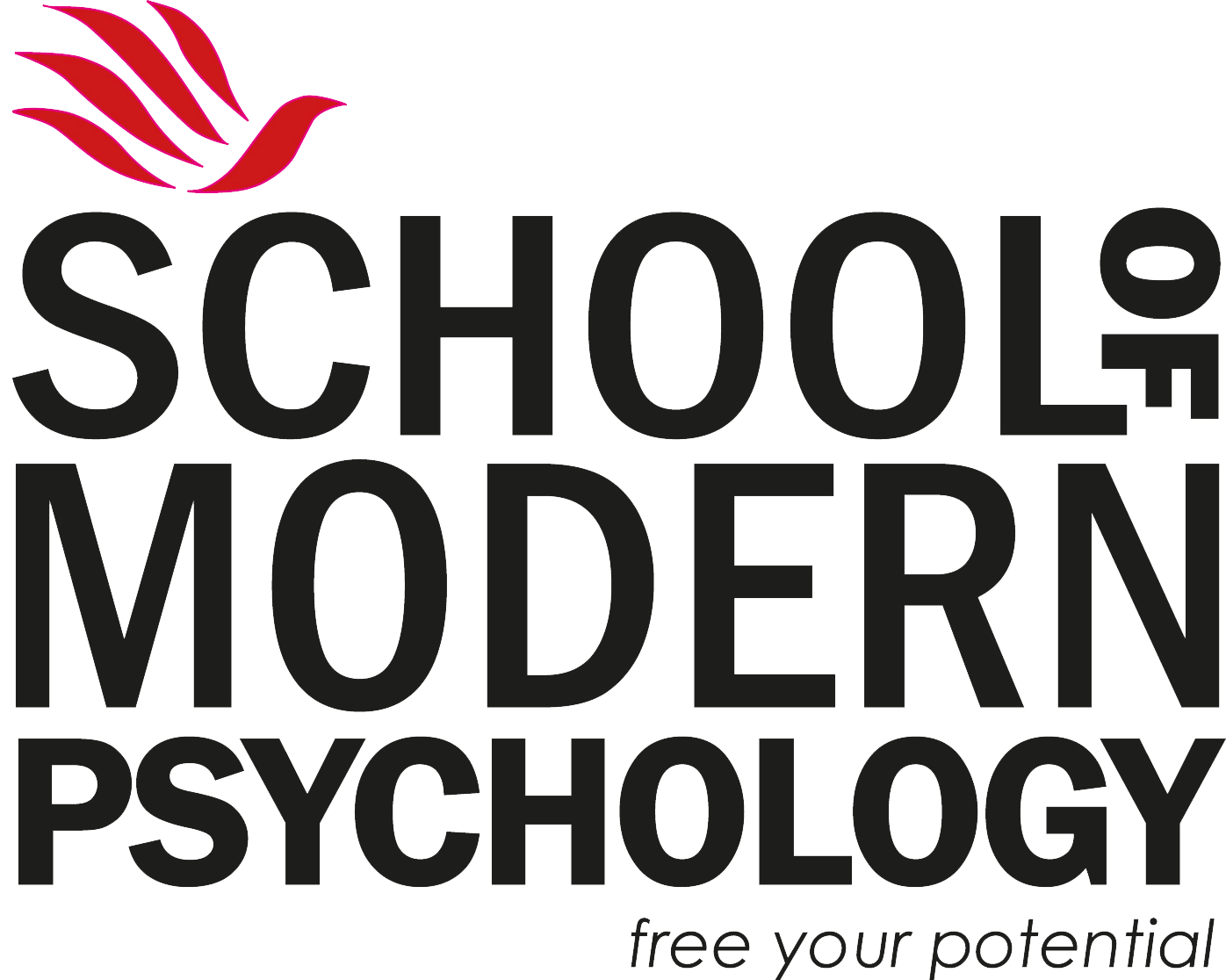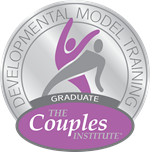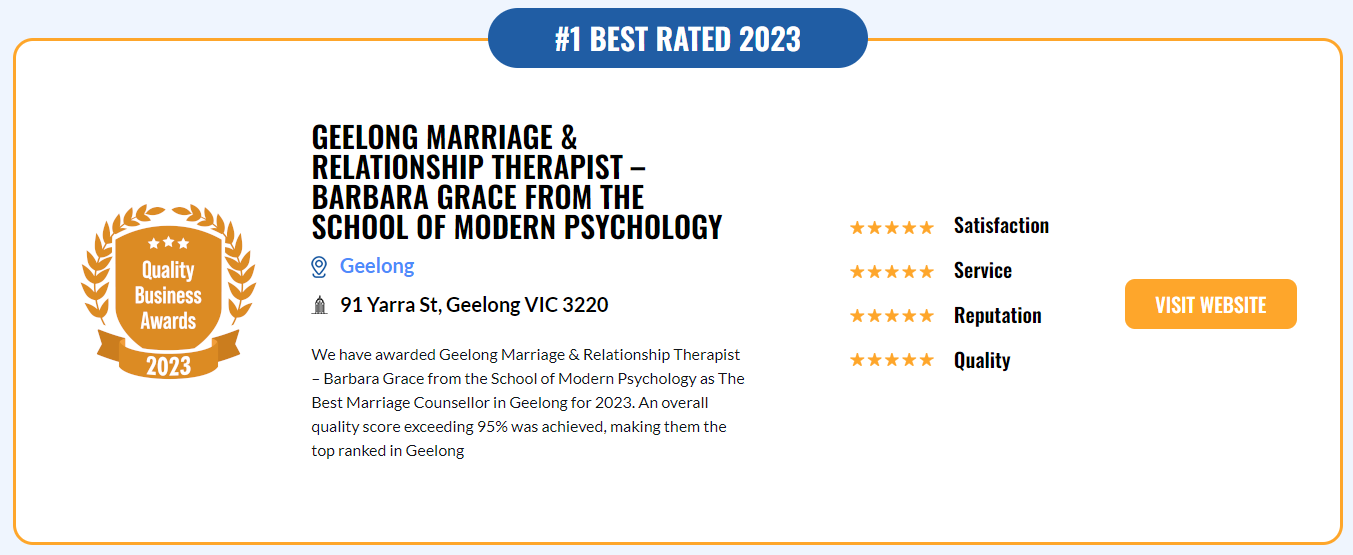Your Relationship Story: Martyr, Victim, Hero???
/Are you choosing a martyr story over a hero narrative?
“There were people who went to sleep last night,
poor and rich and white and black,
but they will never wake again.And those dead folks would give anything at all
for just five minutes of this weather
or ten minutes of plowing.So you watch yourself about complaining.
What you’re supposed to do
when you don’t like a thing is change it.
If you can’t change it,
change the way you think about it.”
― Maya Angelou
Photo by Nghia Do Thanh on Unsplash
How you’re turning up in your relationship has a lot to do with the story you’re selling yourself.
A Few Quick Questions Before We Start:
Do you (or others) see you as a martyr, a victim or a hero in your current relationship (with your partner, parent, colleague, friend or child)?
Who is the ‘you’ that’s turning up in your relationship?
What’s important about being the ‘character’ you’ve become?
Who taught you to be like this?
What never-ending story have you bought into — the one where people-pleasing leaves you feeling resentful and like a victim, or a hero making positive personal choices?
We’re the hero in our own lives — the central character in a life plot of which we don’t yet know the ending.
What’s A Hero?
I don’t mean Daniel Craig in the latest Bond movie. I mean a character whose life journey has rounded and grounded them.
Do you ever wonder if we’re part of some master plan playing out in unpredictable ways — whether we like it or not? Tossed by life’s storms? As if we’re hapless creatures caught in a swinging-door world?
Or do you believe we’re the makers of our destiny making conscious choices so we show up more authentically in our relationships and lives? And as a result take the consequences we’ve sown?
It depends on which story line you subscribe to.
Are You Living In A B-Grade Movie Plot?
“We are products of our past, but we don’t have to be prisoners of it.”
― Rick Warren, The Purpose Driven Life: What on Earth Am I Here for?
If you enjoy movies, you’ve probably noticed most share a similar story structure:
Protagonist living in an ordinary world — following routines, wading through the daily grind, feeling numb, not good enough to be noticed, hypnotically bound to rules, living in a state of disengagement from people who should matter more in their lives and existing like a robot with one day following the next.
That’s the scene BEFORE SOMETHING BIG SHAKES UP THEIR LIFE.
That ‘something big’ jolts them into standing up for their beliefs, their values, their right to defend against the unjust. Even if reluctantly at first.
The main character stumbles and loses something valuable to them (relationship, job, money, friends, trust) and then begins a search for redemption.
The chance to resolve the predicament takes the protagonist on a long journey (externally) until they eventually discover the truth (internally).
You’ll see this person move from flawed character to redeemed hero after stumbling into an opportunity disguised as a problem.
Eventually the protagonist enters a different reality — one of their own conscious choosing. Consequences and all.
Yet unlike the movie character, when moments of choice come knocking on our own door — we have the choice to choose change (so we can become a stronger character) or close the door quietly and return to the story we’ve told ourselves.
It’s an age-old story structure used from the Wizard of Oz to Star Wars.
In writer’s language it’s known as “The Hero’s Journey”.
What the Hero’s Journey Looks Like In Real Life
“They always say time changes things, but you actually have to change them yourself.”
― Andy Warhol, The Philosophy of Andy Warhol
The Hero’s Journey is also a story arc couples unknowingly describe when sharing relational problems in my office.
The ordinary world they’re living in feels intolerable.
Something has shifted, waking one (or both) up.
And instead of closing the door gently and denying the chance to change, they embrace it knowing that staying the way they currently are doesn’t work any longer.
Some describe it as feeling disconnected from the other.
Feeling they’ve lost any emotional spark.
Conversation feels predictable.
At best, they’re house mates.
Ultimately, they’re describing life as the principal character in Ground Hog Day.
And they’re right.
Doomed to repeat the same mistakes again and again, knowing things will end badly unless something shifts.
I Know This Story …
“I have accepted fear as part of life — specifically the fear of change… I have gone ahead despite the pounding in the heart that says: turn back….”
― Erica Jong
If I look back on my own life, I know this relational story arc well.
Nothing shifted in me until I took personal responsibility for changing how I showed up in my relationships.
It was a choice to continue blaming my ‘other’, continuing the charade, wishing things were different in the victim role I was playing.
It became a choice to face the fact that nothing could change without me changing.
I had to learn the simple truth that change comes from within.
The desire for my partner to change only meant I was rejecting my personal responsibility to choose my life story — my pathway — and ultimately respect for myself through conscious choices.
Blame only took me so far. Usually only to friends whose shoulders I cried on.
The fairy tale of love, care and respect I’d grown up with needed replacing with a more modern tale like the Paper Bag Princess (it’s a great children’s story worth reading).
I needed to be the protagonist making positive choices, rather than choosing a supporting role in someone else’s life and bearing the consequences.
I had to choose not to react to someone else’s plot twists.
I had to choose not to be the one cleaning up the emotional fallout.
Stories Are Compelling
“We are taught you must blame your father, your sisters, your brothers, the school, the teachers — but never blame yourself. It’s never your fault. But it’s always your fault, because if you wanted to change you’re the one who has got to change.”
― Katharine Hepburn, Me: Stories of My Life
Stories can hook us in. Especially those with an 8-season multi-episodic cliff-hanging drama designed for binge watching.
Yet in watching these compelling stories and peering into another’s life our personal stories can be jolted into action.
This week I received an automated email from Victoria Labalme, an actor turned public speaker.
In it she quoted this:
“There’s a famous play by Thorton Wilder called “OUR TOWN” and my favorite line comes from the character of a young girl (Emily) who says at one point, “Do human beings ever realize life while they live it?
— Every, every minute?”
A simple observation.
Especially telling when heard through the eyes of a child who hasn’t yet bought into an old plot where submerging dreams just to fill-in the busy must-do life of those around us morphs into a lifetime’s priority.
This pandemic has given each of us an opportunity to look internally. To spend time with family — and deal with the boredom of it or embrace a fresh connection.
To be present in our own lives as an active participant.
Yet I wonder how many among us are actively engaged in the story we’re continuing to mindlessly star in.
TV ads Sell Our Stories in 15 Second Grabs
“You cannot change what you are, only what you do.”
― Philip Pullman, The Golden Compass
Marketers craft ads as psychological ploys that with repetition cause us to solve problems by reaching for their ready-made solutions.
Ads work because they cause an emotional response that enters our memory and, at the right time, presents itself as a preferred solution when we need to purchase a certain product.
If you watch any form of media — from YouTube to Instagram, Netflix to free-to-air, radio to podcasts — advertisements now form unconscious micro story-arcs in our lives.
Those 15-second advertising snippets know how to give us what we often feel is missing in our own lives:
Connection to a beautiful lifestyle owned by glamorous people who live fulfilled lives.
The underlying nerve that’s triggered for us is one of psychological safety. The idea that we can have that life if only we buy that product.
And in so many ways we do.
We buy into our movie character’s lives, living a vicarious existence to pacify a desire to be the hero in our own lives.
Yet few of us would willingly take the journey needed to be that hero.
Why?
Because it means getting out of old sloppy comfort zones that feel like those super comfy PJ’s with loose elastic and instead get out our active wear so we’re ready to move.
And this means choosing not to settle for the mundane.
It means accepting consequences if things don’t work out.
It means learning new skills.
It means pushing boundaries.
It means resisting the desire to play small and be invisible.
It means doing things differently.
And. This. Is. Scary.
That’s why we can watch our protagonist make mistakes, envy the outcome they create and still retreat from a movie with our same-same lives in-tact.
Ready-made solutions, pre-packaged for an easy life.
Life issue solved. Thinking optional.
Simple. Repetitive. Actions. Designed. To. Dumb. Us. Down.
And this leads to …
Our Need For Safety
“Every woman that finally figured out her worth, has picked up her suitcases of pride and boarded a flight to freedom, which landed in the valley of change.”
― Shannon L. Alder
When it comes to feeling safe, we’re hard-wired to act in predictable ways. For most, physical safety is a right protected by law.
Emotional and psychological safety feels like another thing altogether.
Anyone who feels safe to express themselves without fear of repercussion has the confidence to take risks, make mistakes, question outmoded belief systems and explore alternative options.
This is what psychological safety enables us to do.
In 2016 Google ran a 2-year study (Project Aristotle) suggesting their highest-performing teams across all divisions of the Google company also experienced a high degree of psychological safety.
These teams felt safe to include random ideas in brainstorming sessions, knowing they weren’t being judged,
they shared common goals,
practiced emotional awareness,
were open to having difficult conversations,
gave empathy,
offered equal airspace to share thoughts,
took smarter risks,
made mistakes and
were open and candid with each other.
If you don’t set boundaries that keep you psychologically safe and able to have your core emotional needs met — then you’ve given away your power — and lost self-respect in the process.
Ouch.
Maybe that hurt. Maybe you’re feeling some emotion.
Maybe you know someone who needs to read this.
Maybe it reminds you of earlier times in your life.
Why Psychological Safety Is Important
“Some changes look negative on the surface but you will soon realize that space is being created in your life for something new to emerge.”
― Eckhart Tolle
If you’re experiencing a relationship that doesn’t have psychological and emotional safety at its core, then you may find yourself calling for help in ways that don’t seem to reflect the heart of the issue.
You may be experiencing health issues.
You may notice low moods that are difficult to shift.
You may feel as if you’re drained and there’s no energy left.
You may notice resentment building.
You may notice more stress being carried in your body.
You may feel as if you can’t do anything to change the story you’re living in.
You may find yourself shopping more for needless items
You may seek out status symbols (car, branded clothing, latest gadget) so ‘others’ see you as more successful than you feel.
To begin changing your story, you need to choose you. Knowing what you want is core.
“And that is how change happens. One gesture. One person. One moment at a time.”― Libba Bray, The Sweet Far Thing
It’s easy to say what you don’t want, or what you don’t like — yet what is it that you do want?
And to do this means giving yourself permission for you to be the person you want to be in your life — not a photocopied version that’s fading further as each year goes by.
How can you do this?
“Anger, resentment and jealousy doesn’t change the heart of others — it only changes yours.”
― Shannon Alder, 300 Questions to Ask Your Parents Before It’s Too Late
The more you focus on problems, rather than solutions — the longer you’ll stay stuck. And the longer you’re resisting your own Hero’s Journey.
If you’re in a relationship that’s feeling a bit Ground Hog Day-ish, take a note from a story writer’s tip book and create a character.
While the character will be you (ultimately) — don’t personalise it too soon. Write down the character traits you’d most like to see in yourself.
This could be courage, heart or brains — the ultimate trio from the Wizard of Oz. Character traits that the Lion, Scarecrow and Tin Man, each had, yet needed challenging before emerging.
Using these three elements (courage, heart, brains) sends a simple, yet powerfully positive message to your subconscious and the part of you that knows can choose a well-crafted life — if you choose to.
Take this seriously, think about it. Dream it. Write it in your journal. And then when you’re done thinking and dreaming — live it.
It doesn’t matter whether you and your partner (or you if you are single) are at the start of your relationship or have been together 50 years.
Each of us continues our journey — our own Hero’s Journey.
And it’s in this space that we continue crafting the ‘who’ that turns up as our authentic self in our relationship, at work and for our families and friends.
Learning and personal growth doesn’t have a time limit or an age limit.
It’s a forever story.
Join the mailing list and receive 6 free tools designed to help your relationship.
As always, I love hearing from people who read articles.
What resonated for you here?
I’d love to know, (Barbara Grace)
Send me a message at barbara@schoolofmodernpsychology.com












